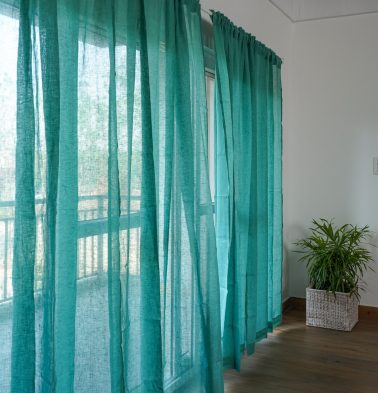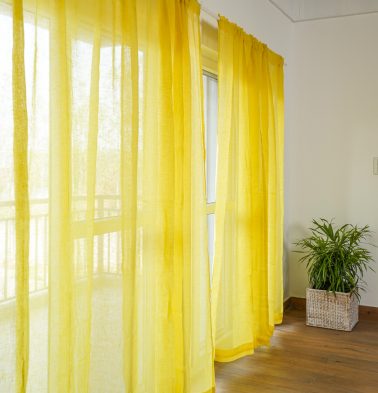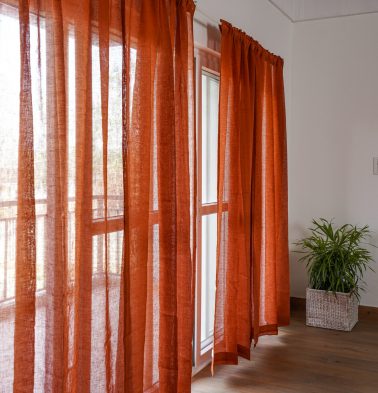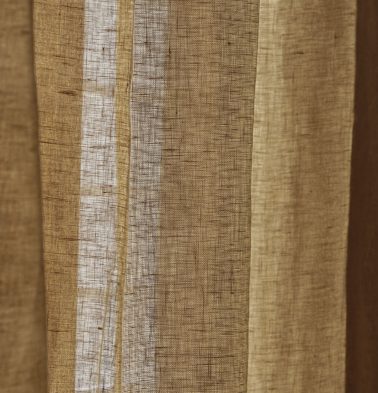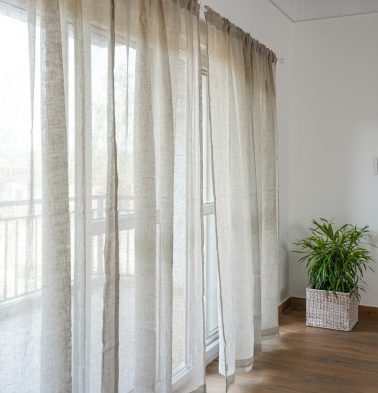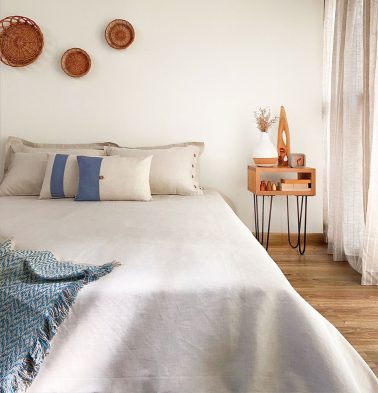- PRIVACY POLICY
- About
- All Categories
- Areca Palm
- Best Sellers
- Blog
- Bulk Orders
- Cart
- Chat with us
- Checkout
- Collections
- Contact For Bulk Order
- Corporate Gifts
- Cotton for a cause
- Covid-19 Update
- Customer Reviews
- Customised Curtains
- Customize
- Diwali Sale
- Edit Order
- explore
- Export Customer file for Facebook
- Feedback
- Furnish Your Dream
- Furniture
- Get in touch
- Gift Cards
- Holiday
- Home
- Home old
- Home1
- International Orders
- Kitchen and Table Best Sellers
- Limited-Time Deals
- Linen
- My Account
- My Gift Card
- New Arrivals
- Payment Policy
- Republic Sale 2026
- Returns and Cancellation Policy
- review
- Sale
- Sale Category
- Sale Today
- Shipping Policy
- Shop
- Shop the Look
- Subscribe
- Support
- TERMS & CONDITIONS
- test page
- test page
- Thank you
- Thank you
- Thank you
- Thoppia Best Sellers
- Track Order
- Verification
- Weaver’s Diary
- Wishlist
International Shipping Available: For details, click here.
Free Shipping: Domestic orders (within India) above ₹999 | International orders above $89.
New User Offer: Use WELCOME200 to get ₹200 off on Subtotal above ₹2999* (India only).
Prepay and Save: Enjoy extra discounts with prepaid orders.**(India only).
THOPPIA500: ₹500 off on Subtotal above ₹12,499*** (India only).
THOPPIA1000: ₹1000 off on Subtotal above ₹24,999*** (India only).
How solid coloured linens are turning into favourites
Curious to know how solid-coloured linens would fit in your homes? Find out more on choosing variations of linen with this quick colour check.
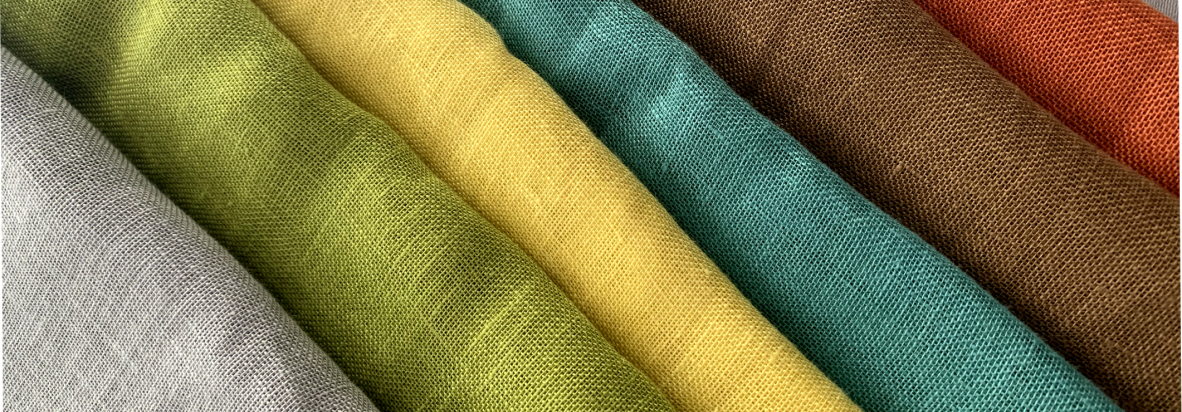
Linens are known for their simple and sophisticated style. And when you speak of linen, you instantly seem to imagine white shades or pastel-coloured fabric, right?
While they do look classy with the light tones in place, linens also tend to adapt to bright, bold colours that instantly lift the decorum. And the catch? The traits of the fabric stay unhinged, just like how it’s with the lighter shades.
Surprised? Well, it’s always good to try something new, isn’t it? Keep reading and you’ll get to know their special features as well.
The classic linens
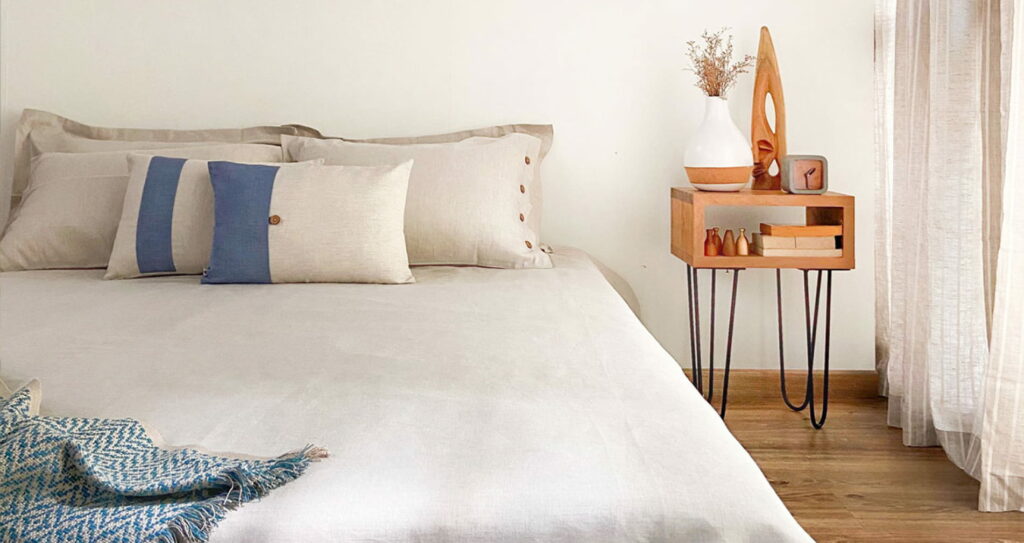
In all its normality, the natural colour that a linen fabric possesses is never one definite tone. The shade highly depends on the type of flax fibres nourished and maintained. From the time of production to nurturing to the harvesting of the flax plants, careful inspection takes place which is why linens undergo an extensive labour process.
Right after harvesting, moisture exposure to plants helps separate the fibre much more effectively. This method is called retting. The more the fibre has exposure to air, moisture, and other filtrations, the more the effect on colour. This means they end up having varied natural tints every time. A standard shade that is often witnessed is ‘light grey’. However, hues of sand, oatmeal, and amber are pretty common in undyed linen fabric.
Are you still wondering if ‘white’ is the purest form? We say, think again!
Linens can never be pure white unless they are bleached. It’s just how the fabric works. That’s why most of us prefer the cloth in its natural aura. The shrinks, curls, and colour give a rustic yet rich texture to linens, oozing a sense of comfort with them.
Welcoming the solid linens home
Most people stick to the organic tones (being light/ pastel in essence) as they get dubious about experimenting with such lush fabric. Now, it’s high time we look past the myths and bring in some colours too. Don’t you agree? So, let’s see what the colours bring to our homes!
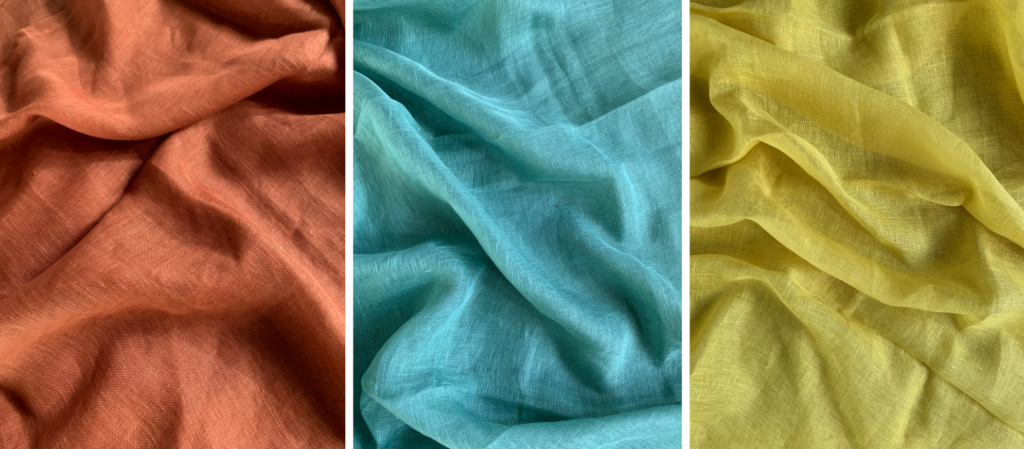
Linens are quick absorbents of moisture and it goes, without doubt, to say that all colours stick to them rather perfectly. Dyed, solid colours can stay as good as the light shades. The quality of the fabric does not diminish, considering they are bought from a trusted source. And don’t worry about the rugged fancy look (a trademark linen style)! You can still find them even in the brightest of colours.
One great addition or maybe an experiment (for the doubtful ones out there) that cannot go wrong is with curtains. Solid linen curtains are a great way to upgrade the look of any room. As the colours have a luminous effect along with the poshness of the fabric itself, the curtains would be quite the winner there.
The beauty of linen
Linens are antimicrobial and hypoallergenic by character. Some of the many advantages of a ‘natural’ fabric! It is subtle with the skin and is capable of providing a great deal of comfort in all seasons. This leads us to the next myth…
Do solid coloured linens tamper with the innate qualities of linen in the pigmentation process?
Not at all! If the flax fibres are curated through advanced filtration and bleaching methods, the fabric (qualities) weaved out from them will remain unaffected. For instance, a (solid) linen curtain is dyed in rust orange. But the temperature and moisture regulating features in them will still remain unharmed. The linens would have the same unique characteristics it offers in their light-shaded contemporaries.
Now, are your perceptions of solid linens clearer? Don’t forget to let us know how your first-time experience was!






